How does the male ball valve design enable smooth and effortless on/off operation?
The male ball valve design is a key characteristic...
MORE >>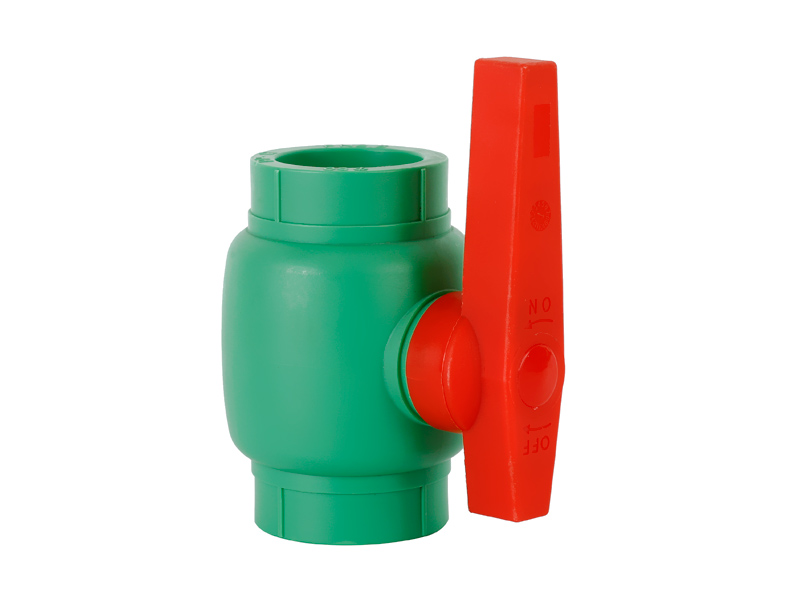
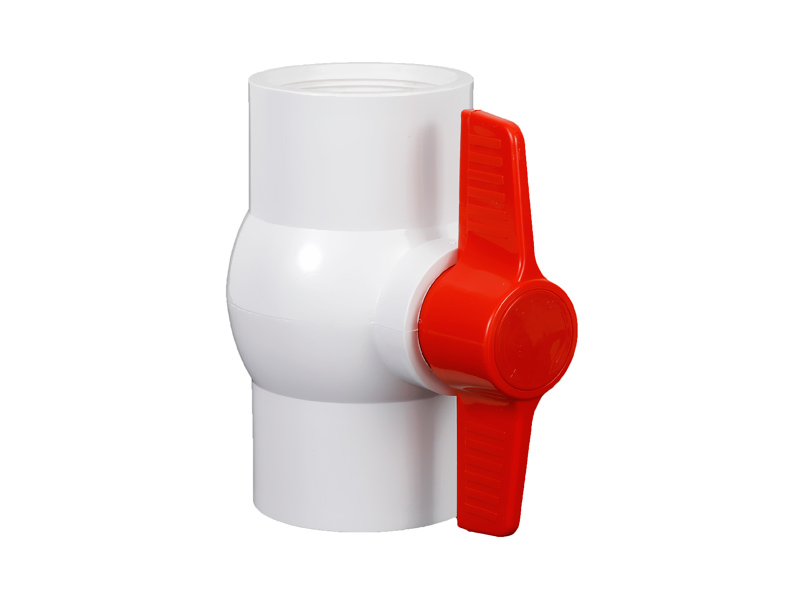
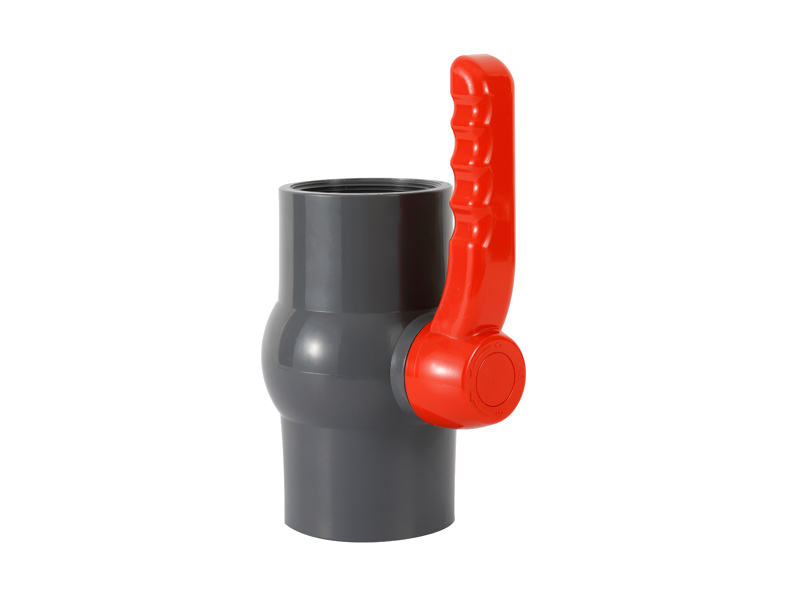
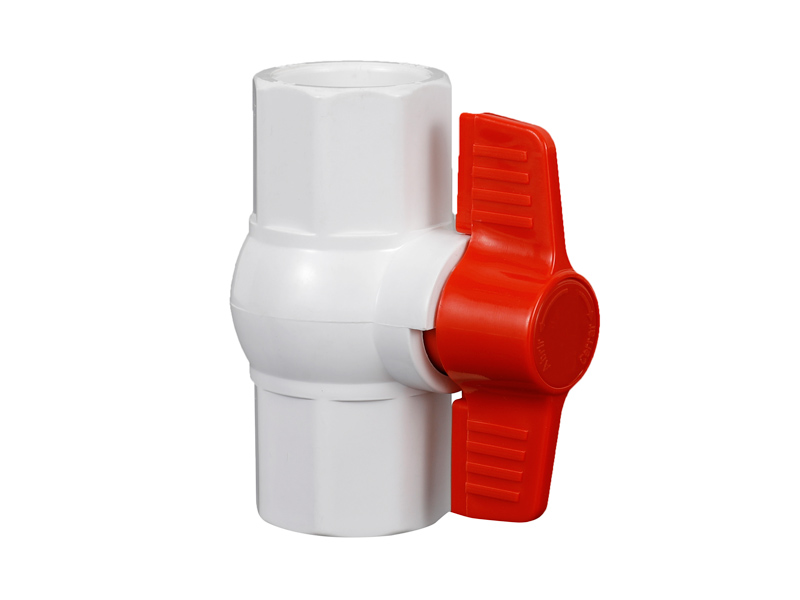
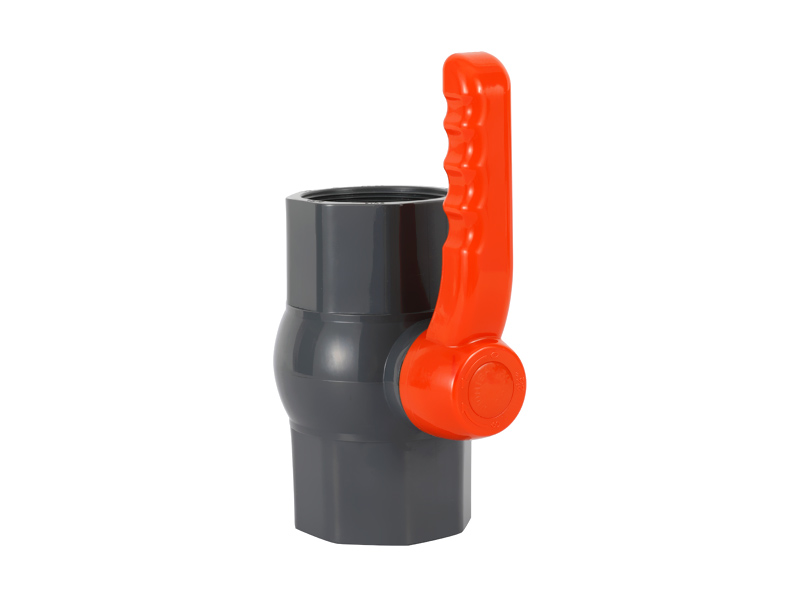
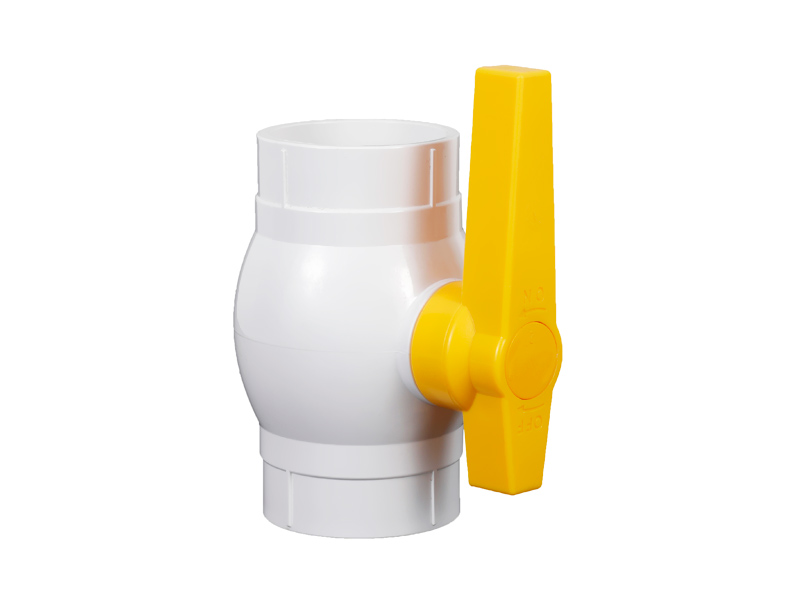
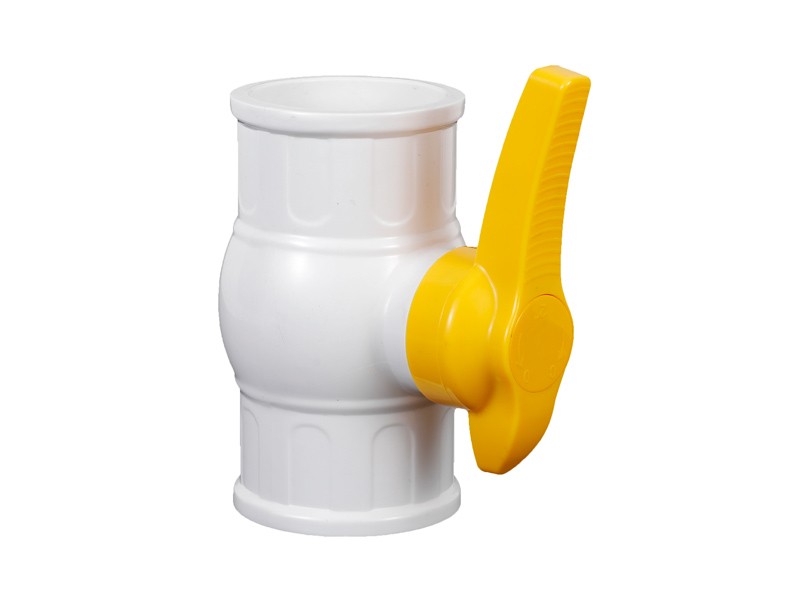
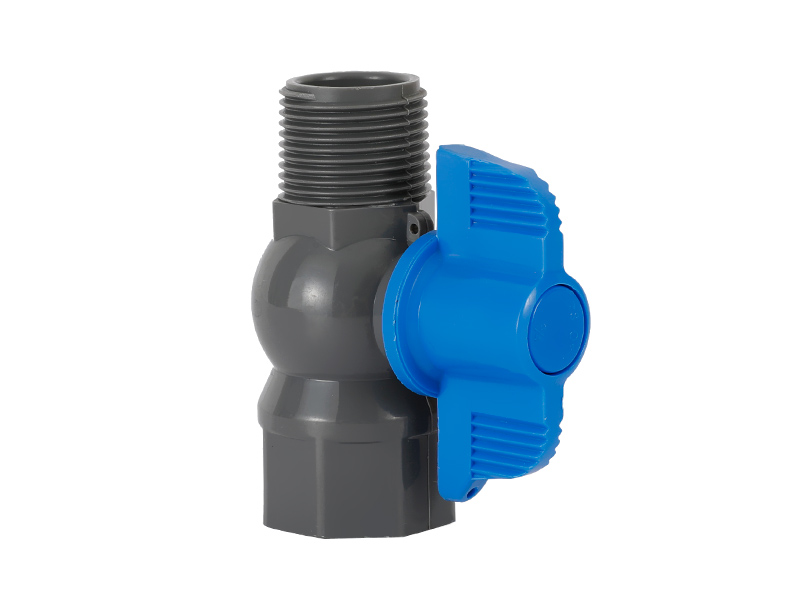
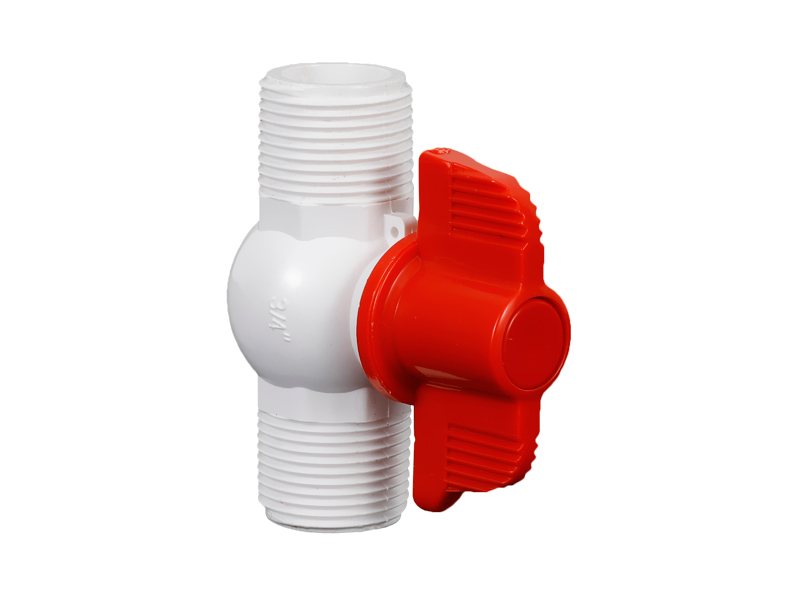

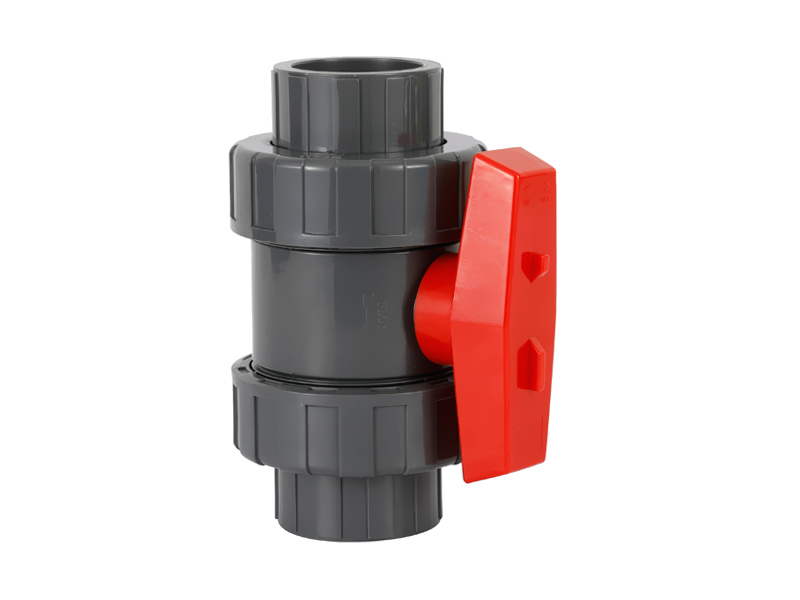

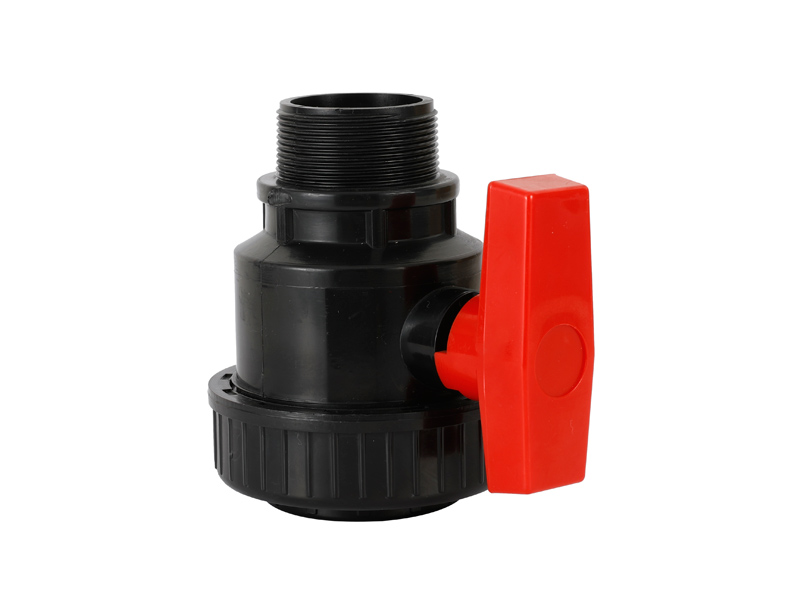
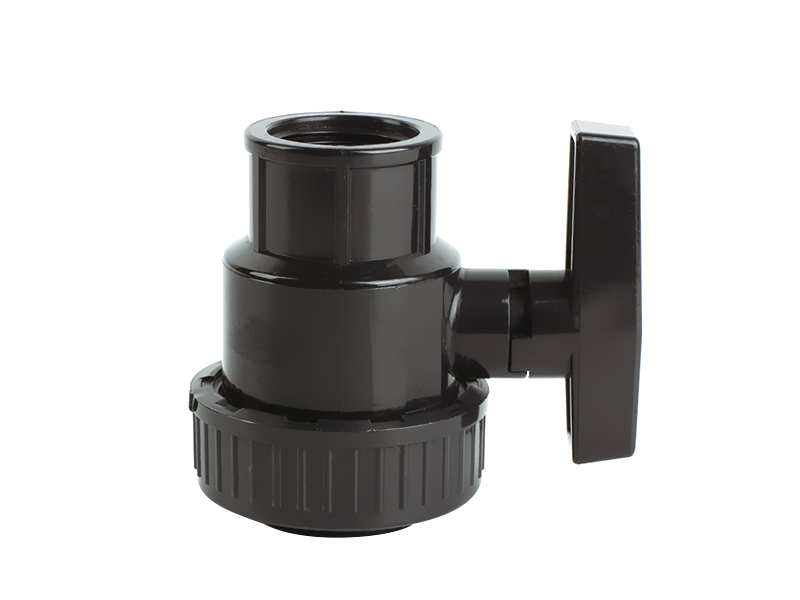
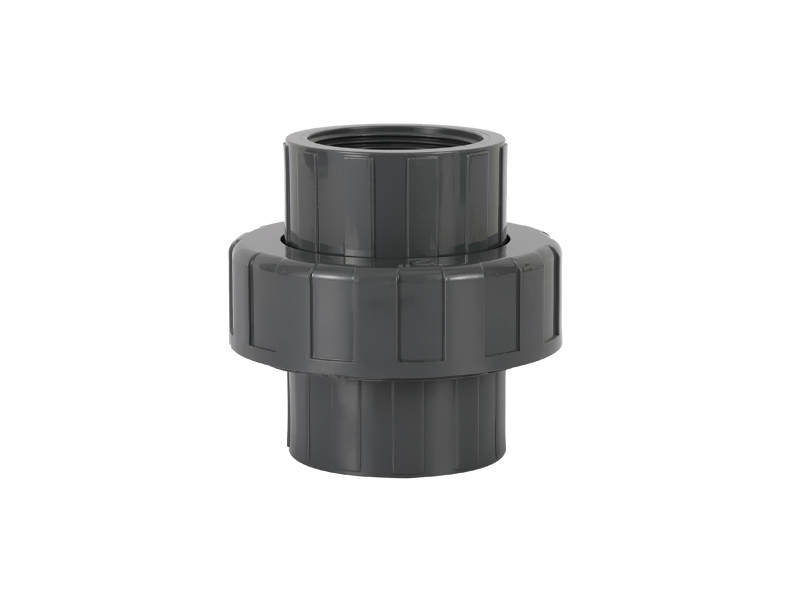
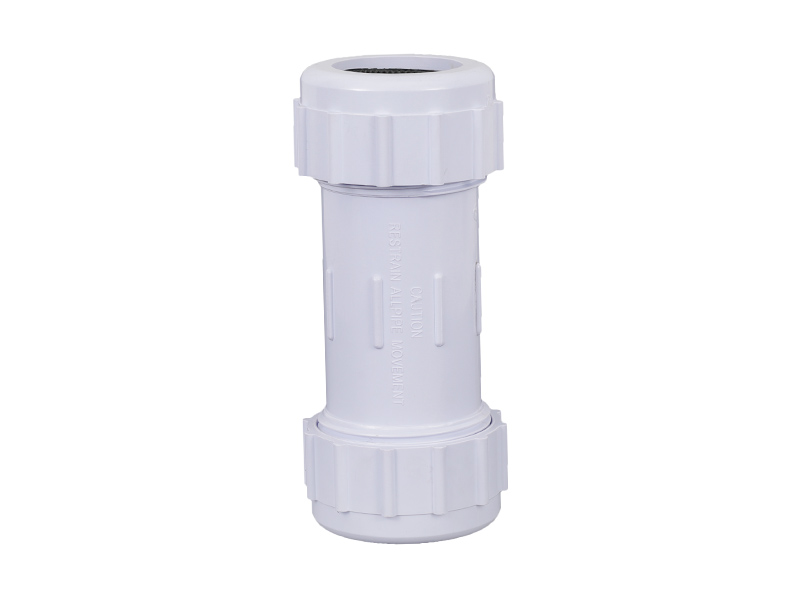
PVC (Polyvinyl Chloride) ball valves have become essent […]
PVC (Polyvinyl Chloride) ball valves have become essential components in fluid handling systems across numerous industries, offering reliable flow control solutions for a wide range of applications. These valves are designed to regulate the flow of liquids or gases through a system by using a hollow ball with a central bore that can be rotated to open or close the passage. With their excellent chemical resistance, durability, and versatility, PVC ball valves have become a preferred choice for industries such as water treatment, chemical processing, irrigation, and plumbing.
One of the key advantages of PVC ball valves is their exceptional chemical resistance. PVC is inherently resistant to a wide range of corrosive substances, including acids, alkalis, and solvents. This resistance makes PVC ball valves ideal for applications where the transported fluids may be aggressive or contain corrosive elements. The ability of PVC ball valves to withstand chemical exposure ensures the integrity and longevity of the valve, making them suitable for demanding environments in industries such as chemical processing and wastewater treatment.
Durability is another notable characteristic of PVC ball valves. PVC is a rigid and robust material that can withstand high pressure and temperature variations, making it suitable for both industrial and residential applications. PVC ball valves are designed to provide long-lasting performance, resisting mechanical stress, impact, and abrasion. Their durability ensures reliable operation, minimizing the need for frequent maintenance or replacement.
Versatility is a significant advantage of PVC ball valves. They are available in various sizes, ranging from small diameter valves for household plumbing to large diameter valves for industrial applications. PVC ball valves can handle a wide range of fluids, including water, air, chemicals, and slurries, making them suitable for diverse industries. Additionally, PVC ball valves can be found in different configurations, such as socket, threaded, and flanged connections, allowing for easy integration into existing systems.
Ease of installation and operation is another benefit of PVC ball valves. These valves are lightweight and easy to handle, simplifying the installation process. PVC's smooth interior surface minimizes fluid turbulence and pressure drop, ensuring efficient flow. The ball valve design allows for quick and easy on/off operation, providing instant control of fluid flow. The smooth rotation of the ball within the valve body offers a low torque operation, enabling effortless actuation even in high-pressure systems.
PVC ball valves are cost-effective alternatives to metal valves. PVC is a cost-efficient material, making PVC ball valves more affordable compared to their metal counterparts. The lower material cost combined with the longevity and low maintenance requirements of PVC ball valves result in cost savings over the lifespan of the valve. This cost-effectiveness makes PVC ball valves an attractive choice for a wide range of industries, particularly in applications where large numbers of valves are required.

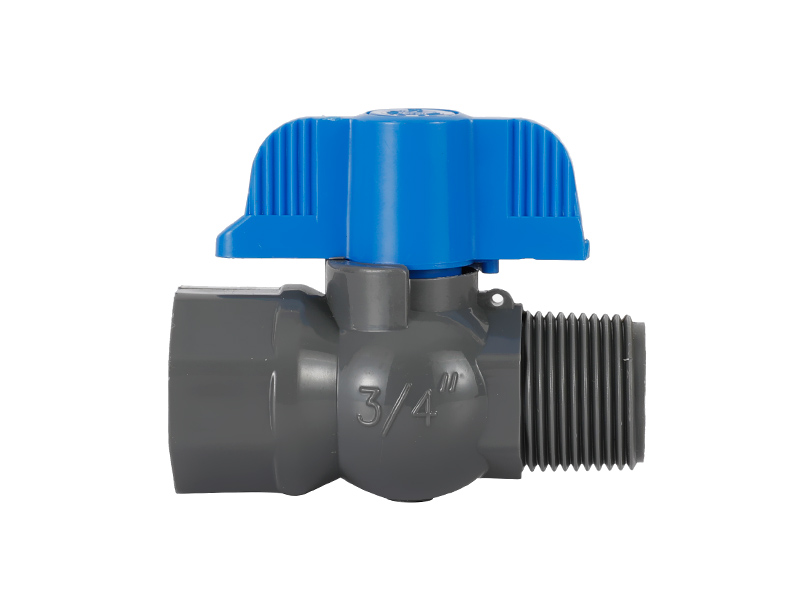
The male ball valve design is a key characteristic...
MORE >>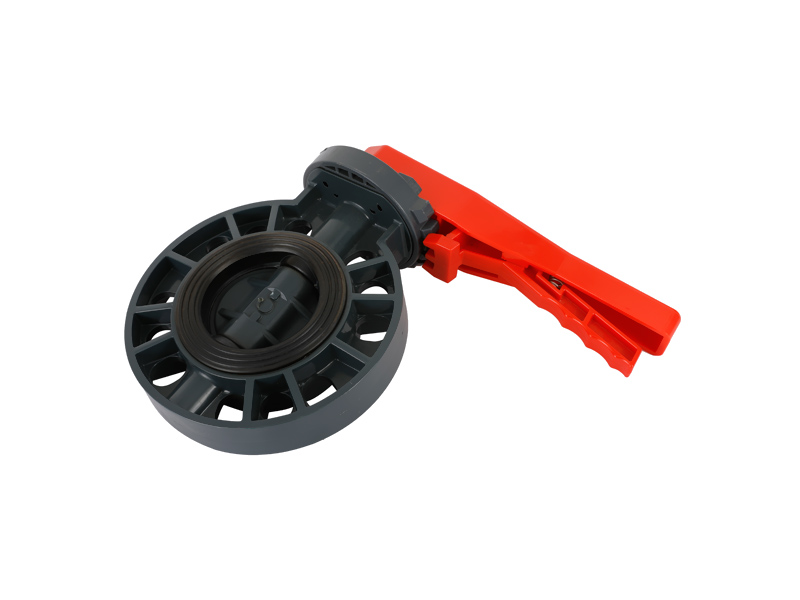
In today's modern world, efficient and reliable wa...
MORE >>
Copyright ©All rights reserved:Zhejiang Xier Plastic Valve Lead Co.,LTD. PVC Ball Valves Manufacturers Technical support: HWAQ  浙公网安备 33060402001174号
浙公网安备 33060402001174号

 English
English España
España عربي
عربي